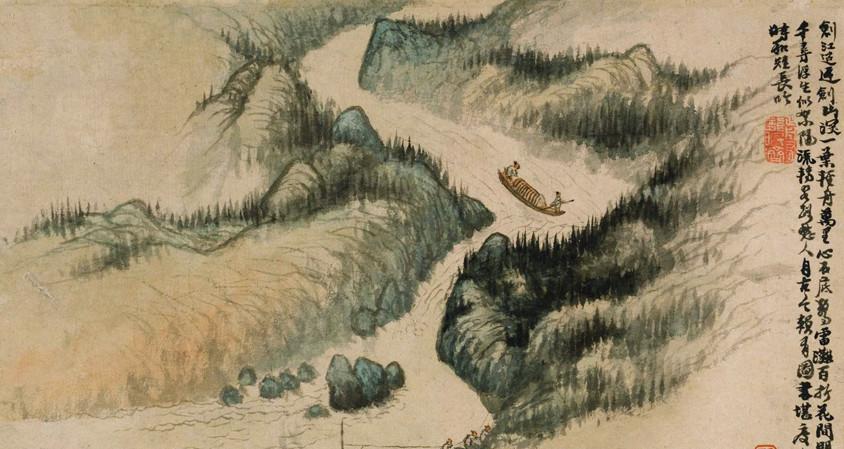Wang Zhong was a famous scholar of the Qing Dynasty, born in 1744 and died in 1794. His research interests include historiography, literature, and the ancient system. History, literature, everyone understands that the school system is the education system, such as the rise and fall of various education systems, the educational content of the dynasties, and the difference between private schools and official schools. In addition, he was an authority on the study of the pre-Qin Doctrine of the Sons. The academic thought of the pre-Qin Zhuzi doctrine, referred to as "sub-science". Therefore, Wang Zhong is also an expert in sub-science.

Wang Zhong lost his father at an early age and lived in poverty. When he was a teenager, in order to live, he worked for a bookseller and developed the habit of loving to read. Wang Zhong was very clever, and after reading ancient poems, he actually learned to write poetry; after reading the articles written by his predecessors, he also learned to write articles. Wang Zhong, who began in his 20s, made a living as an aide to officials and traveled all over Jiangnan. According to historical records, he once planned to participate in the imperial examination and soared into the sky. However, he suffered from heart disease and could not adapt to the exam in the number shed, so he had to give up the entrance. The cloth student is subject to people, and even if his learning is good, it also limits his development.
His famous work is the survey "Xunzi", which mentions "the evil of human nature" and was not valued by the literati for a long time. Xunzi's original intention was to confirm the importance of moral cultivation, and the level of moral cultivation was not innate, but formed. Man's natural nature is expressed as "hunger and desire to be full, cold and warm, and labor and desire to rest." Xun Zi stressed that mastering etiquette and understanding the normative system can reduce the evil of nature.
Beginning in the Song Dynasty, Confucian scholars firmly believed that human nature is inherently good. Xunzi's doctrine was suppressed. It was not until Wang Zhong surveyed "Xunzi" that he used strict logic and accurate writing to examine the true meaning of Xunzi's doctrine. At this time, the readers in the Jiangnan area were all impressed by his academic achievements.
After that, Wang Zhong became uncontrollable and studied pre-Qin works such as the Book of Poetry, Spring and Autumn, Zuo Zhuan, and Mozi. Over time, he became an authority in the field. During the Qianlong period, the emperor summoned the people under the heavens to compile the Four Libraries. Because of Wang Zhong's achievements in the field of pre-Qin ziology, he was selected into the compilation team.
Wang Zhong's health has always been bad, his childhood is lost, his childhood is unfortunate, his youth is poor, and he cannot adapt to the compilation work with great labor intensity. Soon after, Wang Zhong suffered a heart attack and died at the age of 50. After Wang Zhong's death, the Jiangnan literati held a grand memorial service for him. The famous Jiangnan scholar Ruan Yuan praised him for "reciting Fang of Virtue", which is the meaning of praising him for having both moral integrity and ability.
Due to the relatively small scope of Wang Zhong's research, after his death, people gradually ignored his research results. However, every time someone picked up Xunzi and studied it, they would still look for the version he proofread.